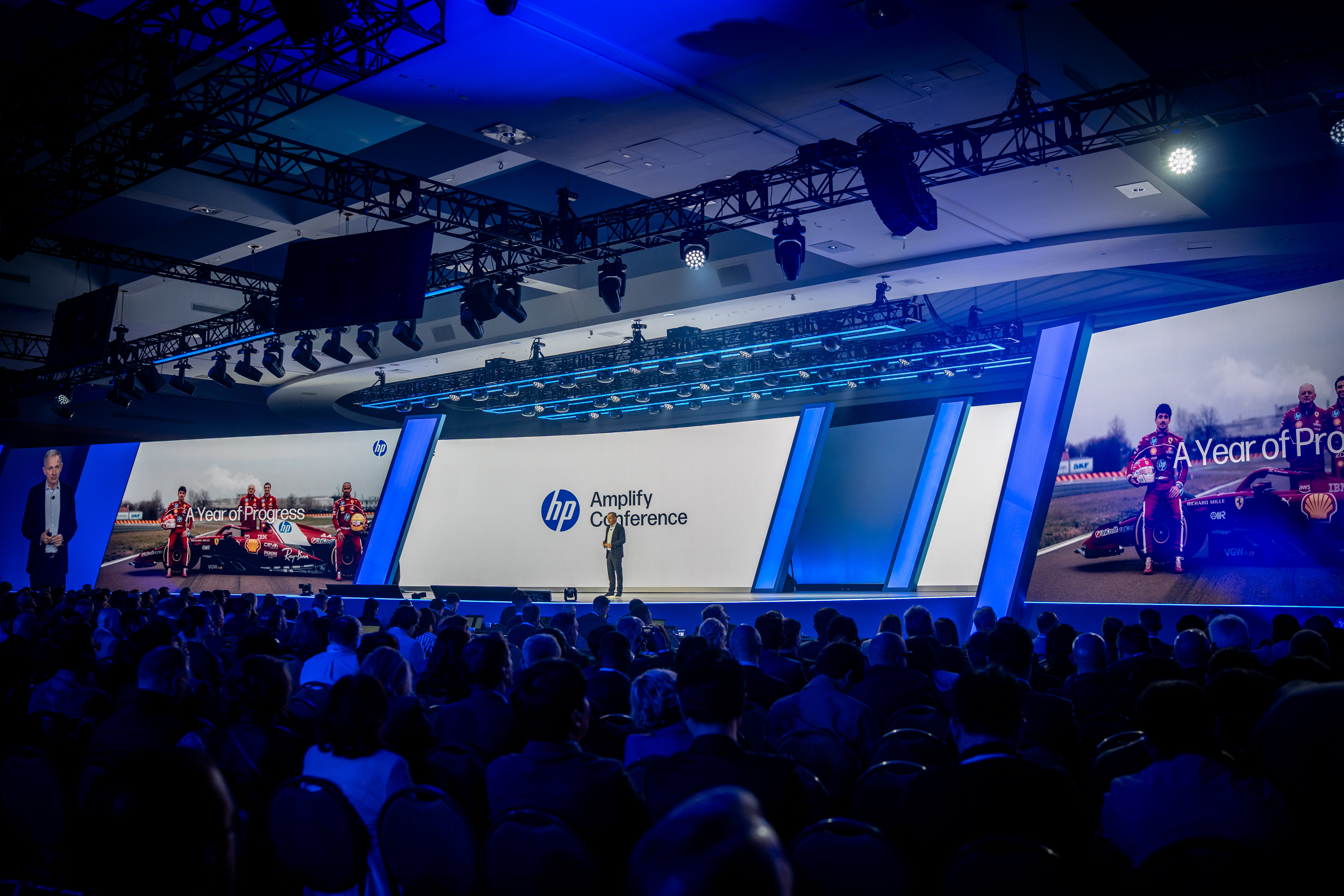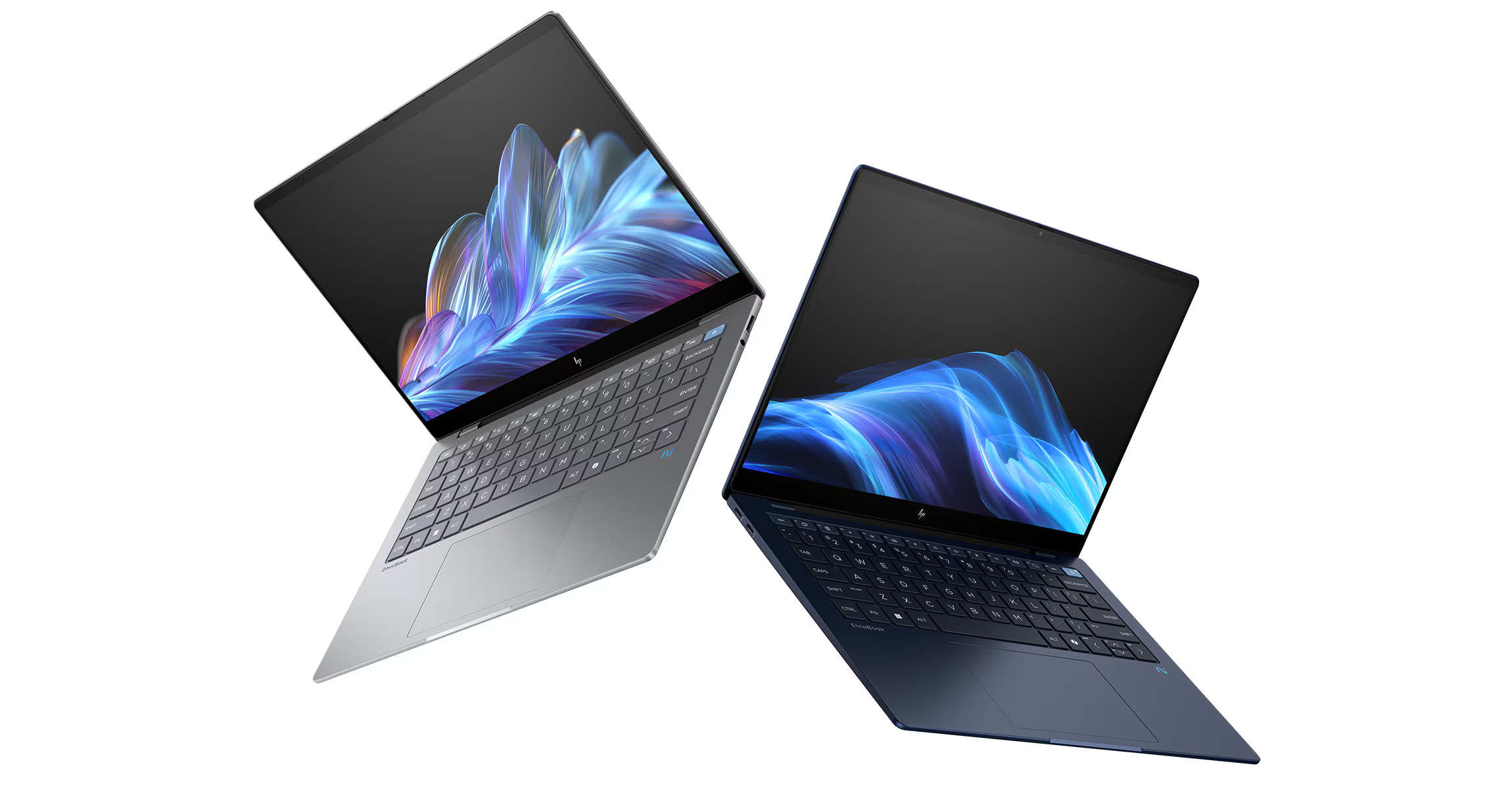I recently attended HP’s Amplify 2025 event in Nashville, TN. HP's Amplify 2025 announcements focused on pushing the boundaries with AI-integrated solutions across their PC, print, and collaboration portfolios. The goal? To boost user productivity and create more fulfilling work experiences. HP rolled out new AI-powered PCs with features tailored to different types of users and advancements in AI-driven printing that simplify and secure workflows. The primary focus was on the "future of work," aiming for seamless connectivity, intelligent devices, and smart data utilization with the HP Workforce Experience Platform to proactively address IT issues and enhance employee satisfaction. HP is also doubling down on partner growth with new compensation structures and expanded AI programs, all while emphasizing sustainability and security as key differentiators. HP is keen on engaging with growth markets and strengthening channel relationships, while also pursuing strategic collaborations to drive demand and educate customers on the benefits of AI technology. Research from HP Wolf Security highlights the constantly evolving landscape of cyber threats, underscoring the need for robust security measures integrated into their devices.
One HP: A Unified Approach
Building upon these advancements in AI-driven solutions and security, HP unveiled its One HP vision and strategy at the event, emphasizing a unified approach to better serve customers and partners. This initiative aims to create a seamless and comprehensive experience across HP's portfolio. One HP is a unifying principle that combines HP's various divisions, including PC, Print, Poly, Collaboration, and Services, focusing on putting customers and partners at the center. This approach aims to provide businesses with a comprehensive HP experience, an ecosystem of seamlessly integrated devices, software, and solutions designed to solve customer problems. Partners can offer a competitive advantage by selling One HP, moving beyond individual devices to provide a holistic solution. This initiative is driven by the goal of shaping the future of work by creating products, services, and solutions that enhance company productivity and improve employee well-being and fulfillment. Ultimately, One HP intends to streamline processes, enhance collaboration, and deliver greater value and better outcomes for businesses.
The Transformative Shift: AI Integration Across the Portfolio
The pace of technological evolution is relentless, and in today's dynamic business landscape, staying ahead requires not just incremental improvements, but transformative shifts. The recent HP Amplify 2025 event served as a powerful testament to HP's commitment to driving this transformation, unveiling a sweeping array of innovations and strategies designed to reshape the future of work. For small and medium-sized businesses (SMBs), midmarket firms, and the vital ecosystem of channel partners, the announcements emanating from Amplify are not merely product updates; they represent a pivotal moment, offering pathways to enhanced productivity, new growth opportunities, and a stronger competitive edge.


















